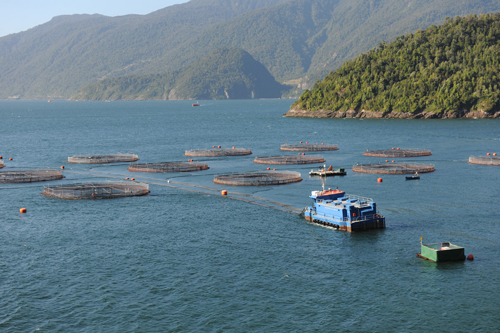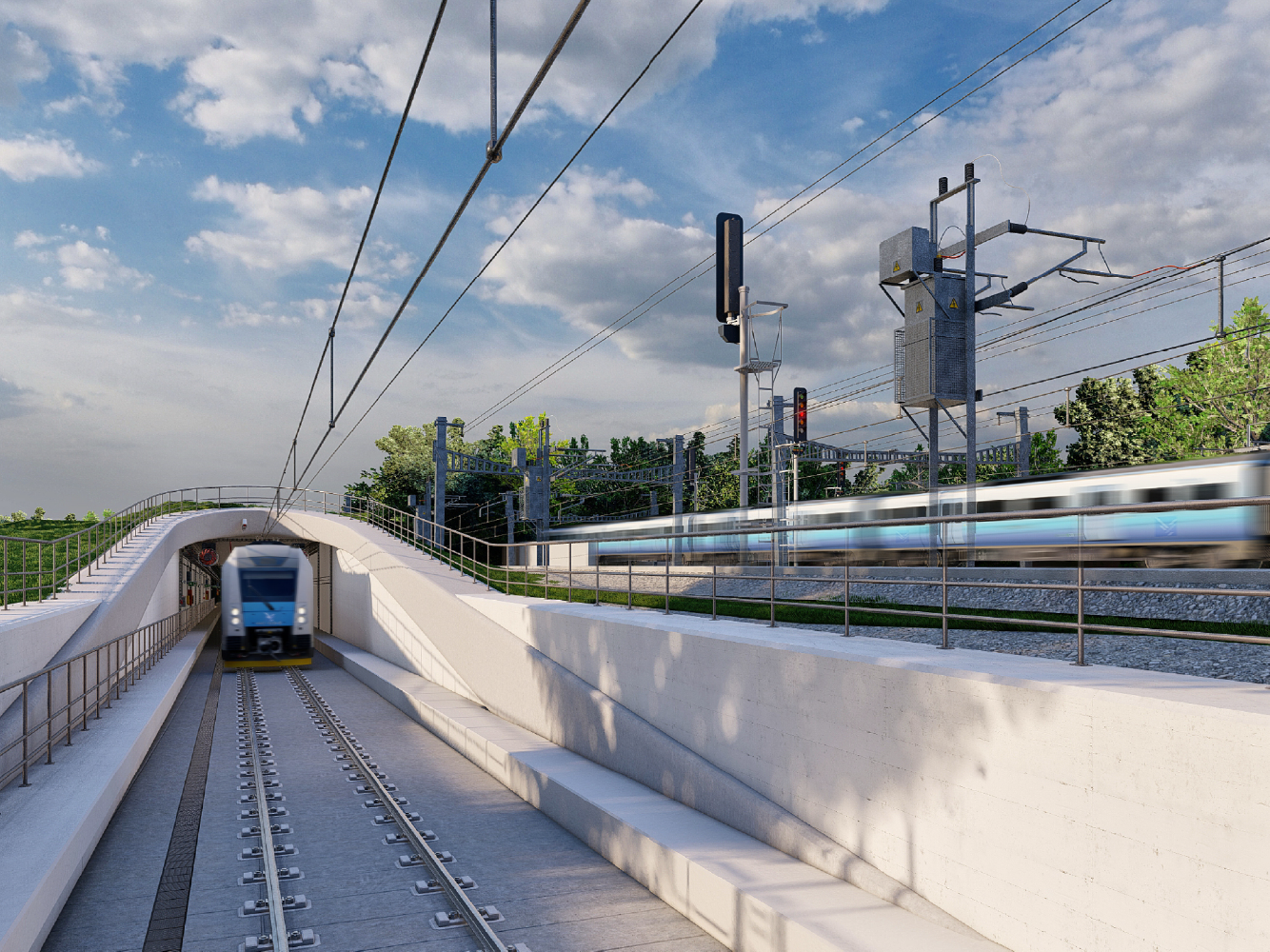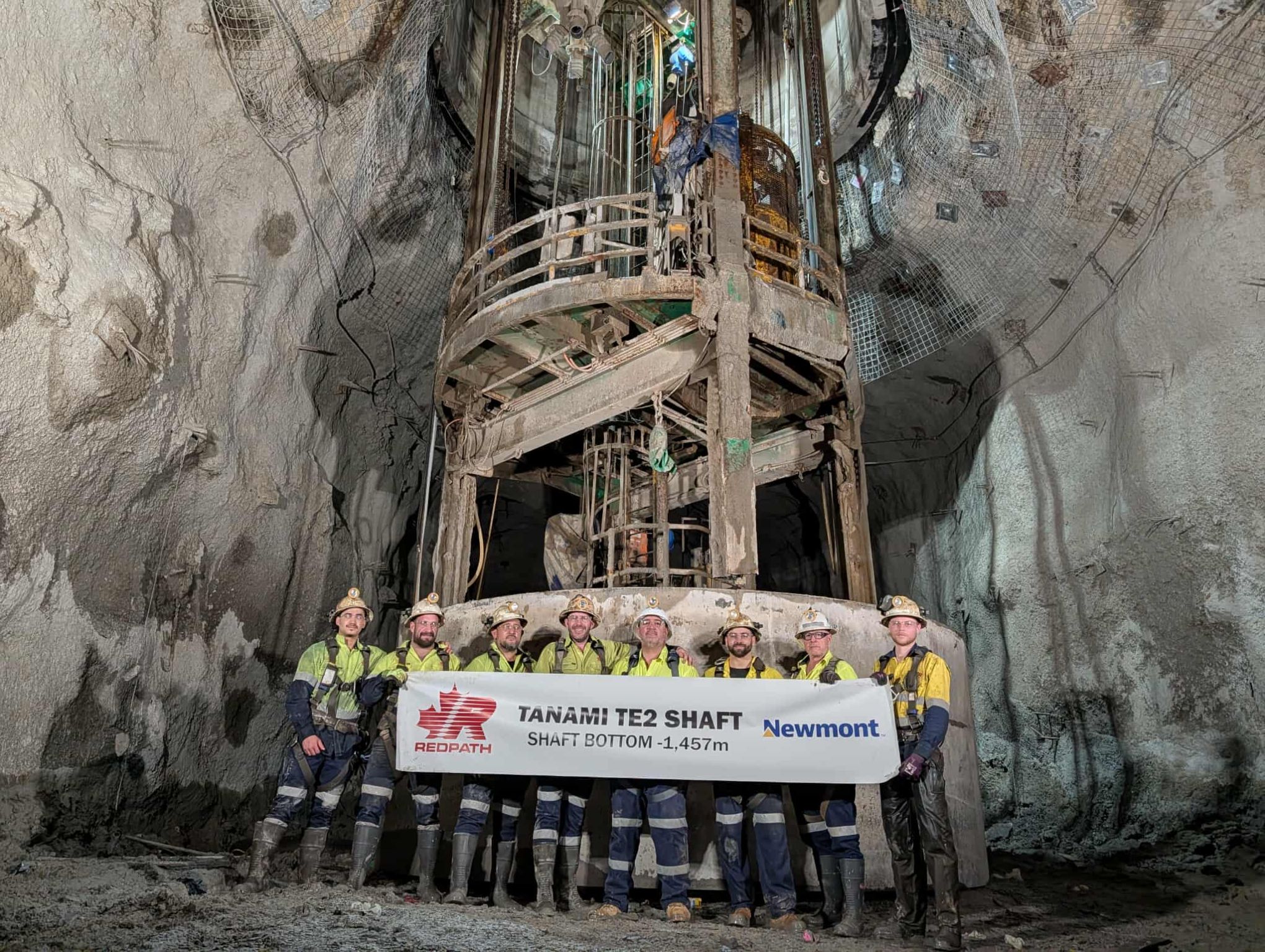
Nowadays, aquaculture is a major economic activity in Chile, due to its excellent geographic, climatic and water quality conditions. In fact, by 2006 the country had risen to become the second largest global producer of salmon, behind only Norway, while in the case of mussels it retains its crown as the largest global producer.
Founded in 1965, initially with its focus being the fishing and processing of Langostino lobster and wild shrimp, Camanchaca underwent a significant change in 1980 when the company’s management pursued a strategy of diversification. This change saw the business expanding into aquaculture and subsequently Camanchaca has grown into an international entity with sales offices or brokerage representation in the US, Japan, Europe, and most recently in Mexico, China and South East Asia. Such is the importance of the distribution network that today Camanchaca exports its products to over 50 countries while aquaculture products account for over half Camanchaca’s revenues. Today, aquaculture activities include salmon, mussels, scallops and abalone, while the fishing activities are focused on jack mackerel, sardines, anchovies and langostinos.
One of the world’s leading fishing, seafood and aquaculture companies, Camanchaca currently has annual sales of over $400 million. In Northern Chile the company possesses a fleet of 16 fishing vessels, with a total hold capacity of 6,000 cubic metres and a modern plant with a daily fish processing capacity of 2,500 tonnes. Meanwhile, in South-Central Chile it has a fleet of eight offshore purse-seine fishing vessels with a total hold capacity of 10,000 cubic metres, three boats for crustacean fishing, a canning plant with a daily production capacity of 25,000 boxes, a fishmeal and fish oil plant, and a Langostino processing plant.
In Petrohué, the company’s salmon hatchery boasts an annual salmon smolt capacity of 15 million fish, making it the largest facility of its kind in the world. Elsewhere, Camanchaca’s Río del Este hatchery focuses on breeders in their last stage before spawning, while its Playa Maqui centre specialises in developing trout. Together the Río de la Plata hatchery and the Playa Maqui centre produce an annual trout smolt capacity of five million fish.
“The vision of Camanchaca is based on the concept of feeding the world from the ocean,” explains Corporate Planning and Marketing Director, Igal Neiman, “therefore it makes sense that we have been focusing our activities towards meeting human consumption demands.”
Between 80 and 90 percent of Camanchaca’s products are exported across the globe. “Approximately 90 percent of our salmon products are exported with our main markets being the US, Brazil, Japan and Mexico, while we are seeing increasingly high levels of demand coming from China and South East Asia,” Neiman continues. “In the case of frozen mussels, Europe is our top market, although demand in the US and Asia continues to rise. Frozen mackerel is mainly sold in Africa, while at home in Chile the growing aquaculture trade means there is a big demand for our fish meal and fish oil products.”
Being among the top tier of fishing and aquaculture companies in the world, it will come as no surprise to find that all of Camanchaca’s products come with the highest quality certifications. What you may not know however is that the company was the first salmon producer on the planet to be awarded three star Best Aquaculture Practices (BAP) certification. Each star represents having a different part of one’s value chain certified to the highest level. In the case of Camanchaca the three stars highlight the farming of its salmon, the feeding of the salmon and the work of its processing plant.
Camanchaca’s understanding of the value of responsibility also extends beyond its own facilities with the company having taken great strides in its lifetime to support local people, local communities and the environment. For starters the company employs around 3,000 people during peak times, making it the largest employer in some of the localities in which it operates, providing an economic lifeline to certain areas, from north to south of this long and narrow country.
When it comes to sustainability Camanchaca has established three macro-programs dubbed “Efficient Camanchaca”, “Clean Camanchaca” and “Friendly Camanchaca”, which was set up last year. “As part of the Friendly Camanchaca program we host numerous events designed to allow mutually beneficial interaction with local communities and stakeholder, understanding their concerns and needs,” Neiman says. “One of the other things we do is partner with local schools, inviting classes to visit our facilities where we teach them about our business in the hope that it encourages them to one day work for us or within the wider industry. Meanwhile, when it comes to the environment we also bring together teams to work on cleaning local beaches and are constantly looking at ways to reduce energy and water consumption.”
In the last year the company has continued to make strong progress in expanding its international reach and securing its long term future. One development saw it opening an office in China, in partnership with three other Chilean companies, along with the brand “New World Currents”, in order to serve the South East Asian market and increase the distribution of salmon across the region. Furthermore, last year saw Camanchaca become part of the Global Salmon Initiative, a select group of 15 salmon farmers from across the globe, representing 70 percent of the salmon produced worldwide, that are committed towards achieving sustainable growth for the industry.
“Our business expects a big growth in demand,” Neiman concludes. “As such, and bearing in mind the increase in demand for our products in Asia, it is important that we continue to make our production process as efficient as possible. In doing so we must maintain the sustainable growth of our industry. We recognise fully that you can’t take fish from the ocean without considering the renovation of this scarce resource, therefore as we grow as a business we will endeavour to ensure that we preserve the biomass of our oceans in the years and decades to come.”
Written by Will Daynes, research by Abi Abagun



 Camanchaca-Americas-F&D-Apr14-Bro-s.pdf
Camanchaca-Americas-F&D-Apr14-Bro-s.pdf









